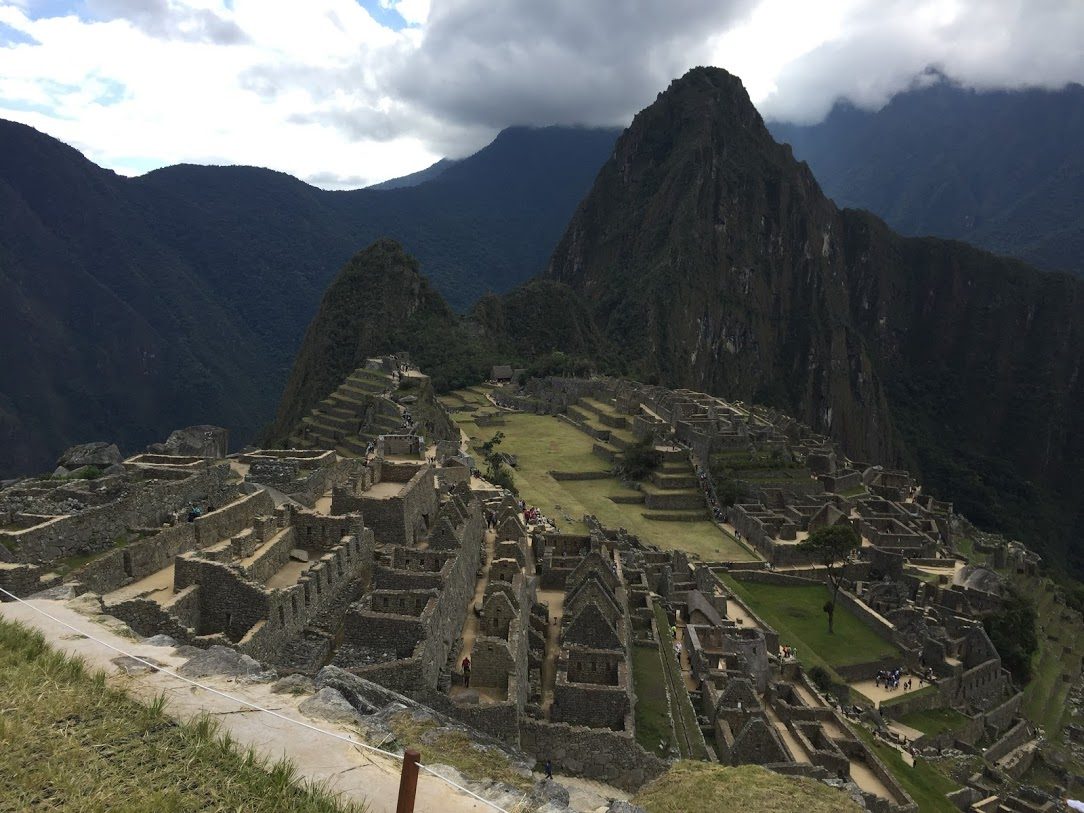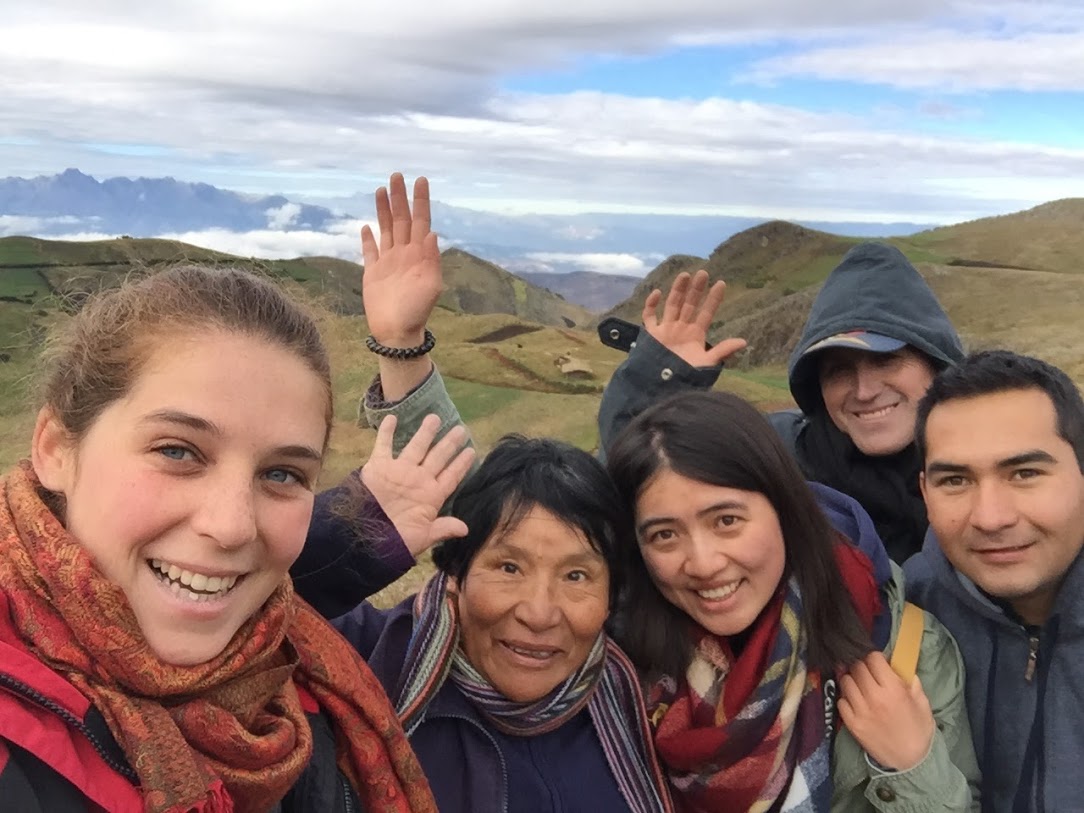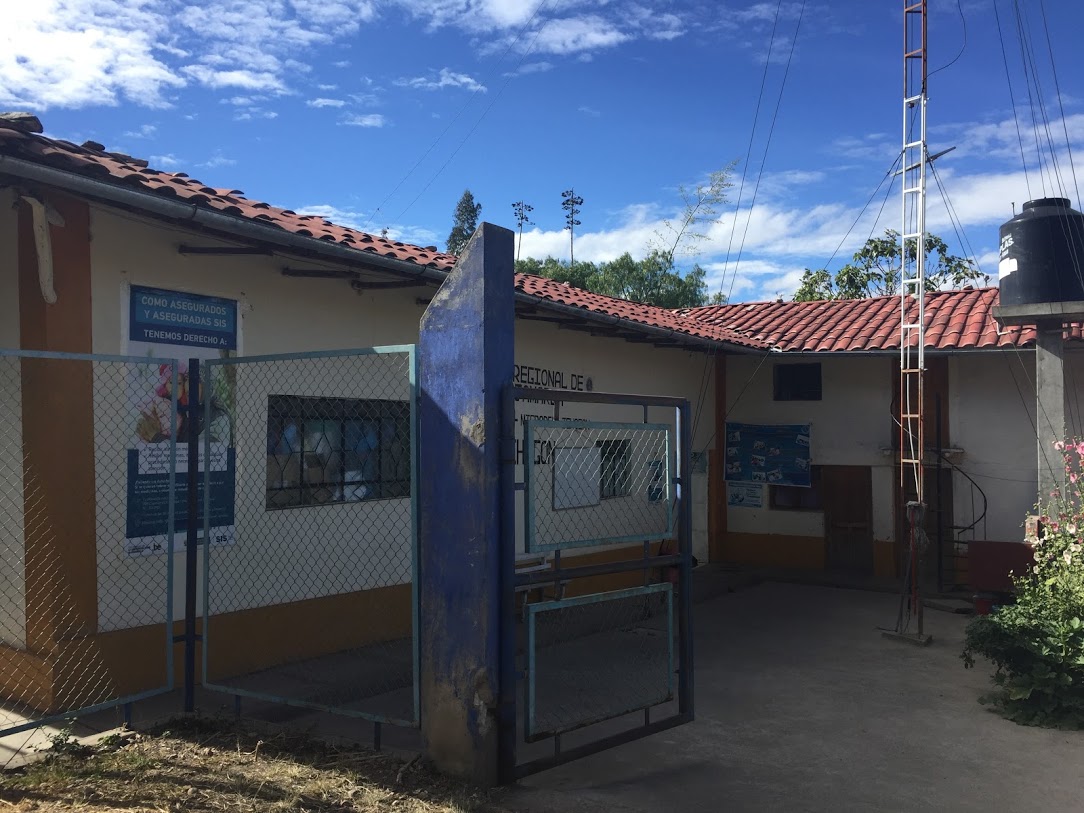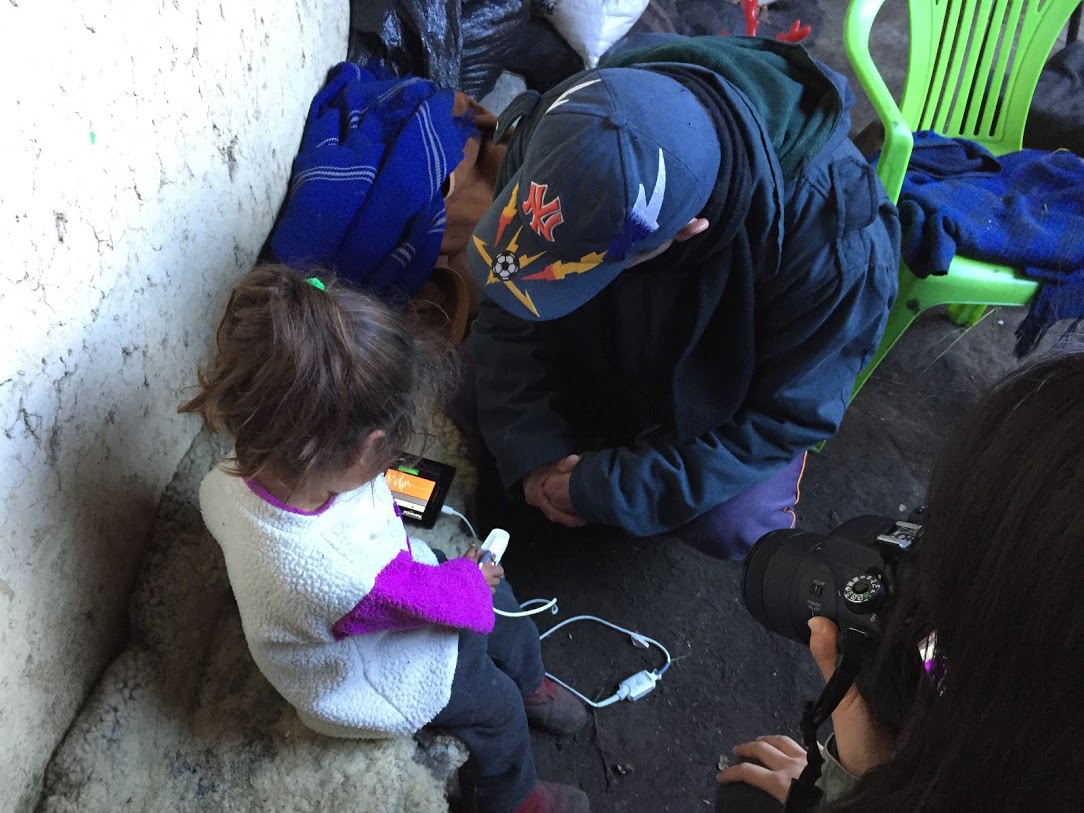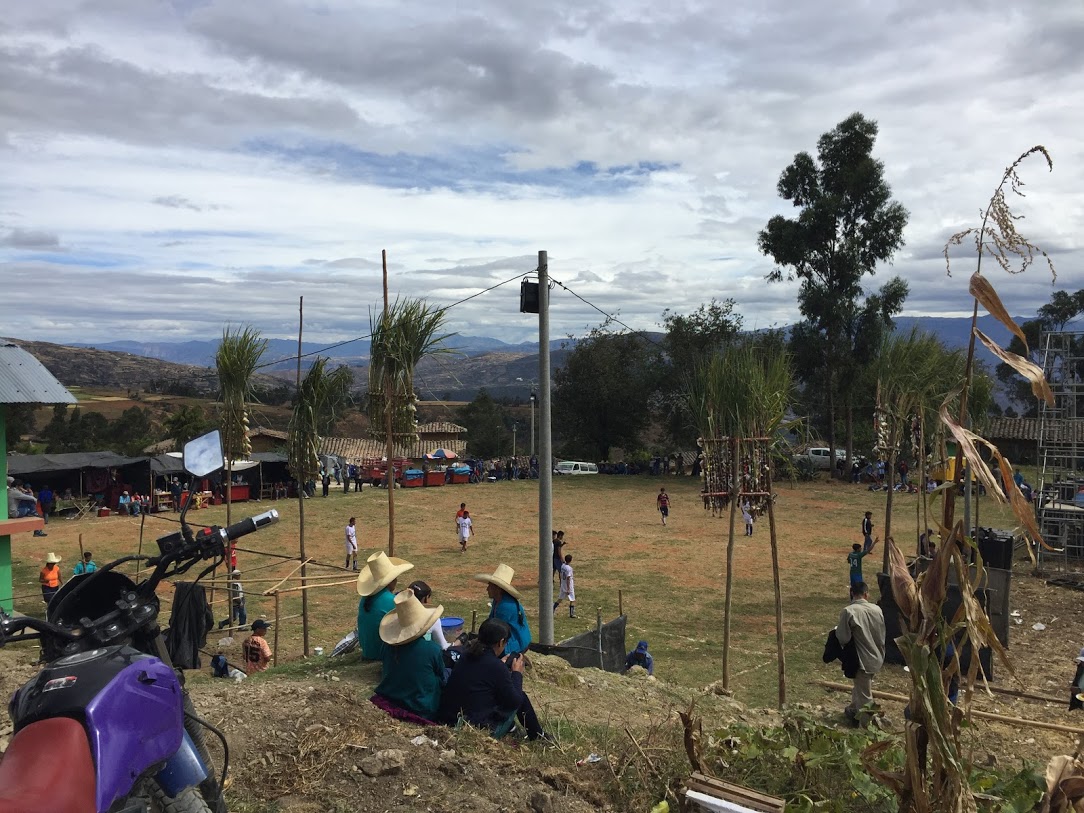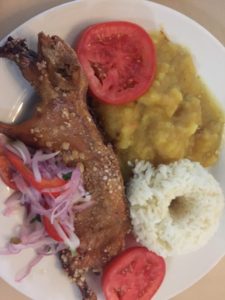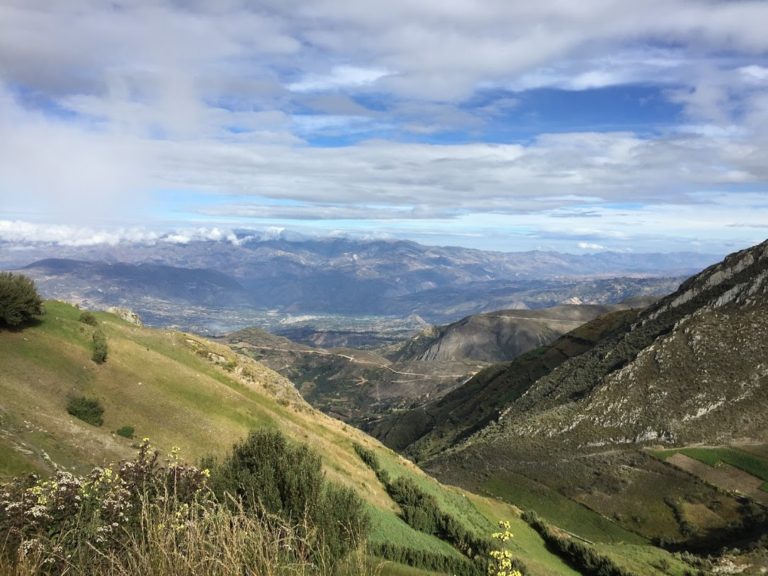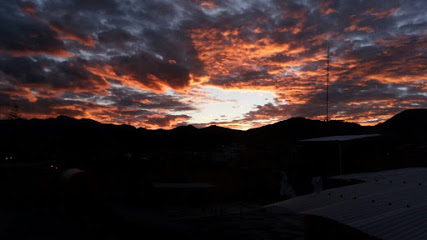For the past three weeks, my colleague Jia and I traveled in Peru, specifically in San Marcos, Province of Cajamarca, which is a small village of about 5’000 inhabitants in the Northern Andes. We went there to conclude a study that ETH Zurich is conducting in collaboration with Swiss TPH and Cayetano Hereida University in Lima, Peru. The study looks at blood oxygenation analysis for pneumonia diagnosis in children at high altitudes in rural Peru (see article in the Globe magazine).
Exciting Fieldwork at High Altitude
Our stay in Peru was an awesome experience both from a working and personal point of view.
This was the first time we had the opportunity to actually work in the field and not crunching data behind a computer. We could see what the difficulties of field studies are, especially in countries with a different culture and challenging economy. We experienced how difficult it is to delegate the job to someone else, specially to people that have lower education level than us. We also noticed how difficult it is to organize a full study, make sure everyone goes where he or she needs to go, optimize time and people. We could add here many more examples. However, thanks to this experience we now realise that field studies are intensive, tiring, complicated, and full of unforeseen events. On the other hand, I also noticed that working in close collaboration with the people involved in the study, be it target families or field workers, is challenging and motivating at the same time. To share parts of their daily life, including daily problems and challenges is difficult but crucial to better understand the context. Overall, I felt extremely enthusiastic about my project.
How Research can Increase your Personal Growth and Development
Personally, I always enjoy getting in touch with different cultures and people. I felt blessed with the opportunity to see how farmers in Peru really live and experience an authentic small village far away from a touristic spot. I was surprised by their lifestyle: it was really hard for me to deal with daily hot water problems (you really learn how to appreciate a hot shower!!!) or with their low hygiene standards during the house visiting.
However, while staying there, I learned to accept and embrace their culture, and to focus on the sacrifice they were making in order to build what they have while in western countries we have too many things that we take for granted. This experience, which I will always cherish made me a more open minded and complete person.By Monica Moreo
Monica Moreo is a doctoral student at the Mobile Health System Lab, under the supervision of Walter Karlen. Her doctoral project looks at adaptive decision support framework and models for diagnosing and monitoring of severe childhood diseases such as dehydration and pneumonia on mobile devices for developing countries.

